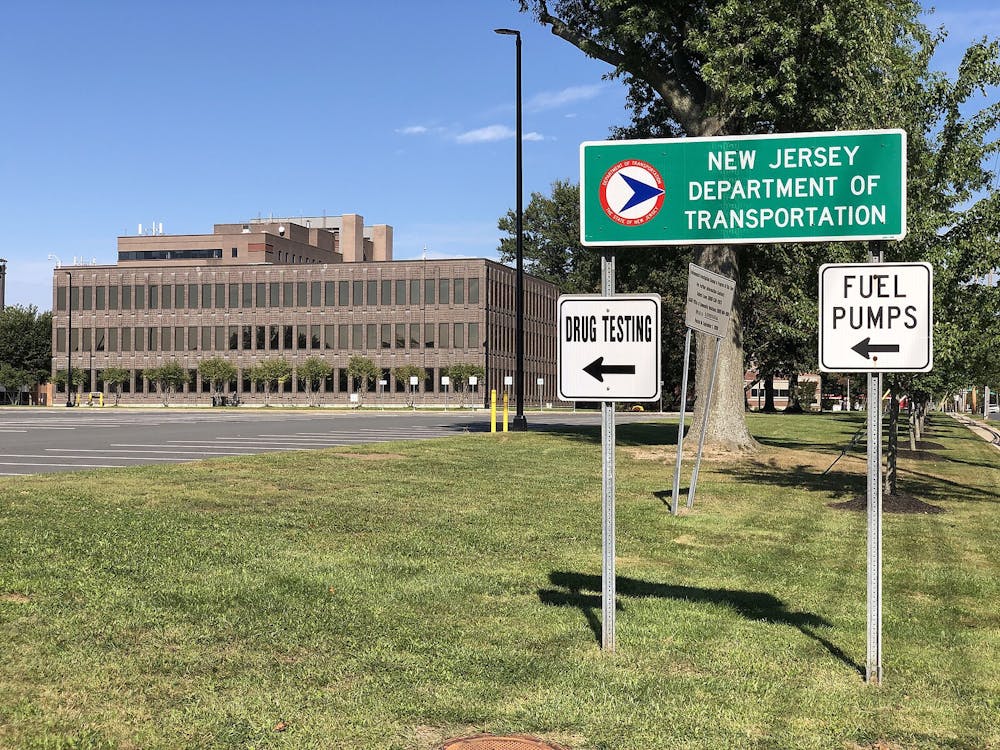By Shaim Akhtar
Staff Writer
New Jersey Gov. Phil Murphy recently signed new legislation aimed at bolstering funding for the state's transportation trust fund for an additional five years.
The legislation seeks to annually allocate about $2 billion dollars towards the modernization and upkeep of New Jersey's comprehensive transportation infrastructure. For instance, the policy will increase capital funding for NJ Transit, assist local taxpayers' for local and county projects, and generate 20,000 union jobs yearly.
New Jersey will commence funding for the transportation trust fund from July 2024 through June 2029, ensuring a consistent revenue flow to sustain statewide transportation initiatives.
Additionally, there will be ongoing adjustments to taxes on petroleum products through modifications to the highway fuel cap, aimed at discouraging excessive petroleum consumption over five years.
Furthermore, in 2025, the program will distribute approximately $10.37 billion to the state's Annual Transportation Capital Program to be invested over a four-year period, with $2.3 billion earmarked to assist counties and municipalities with transportation projects.
The state will also allocate $91.75 million to NJ Transit over three years, supplementing the agency's current annual government funding of $767 million in order to support new capital projects.
For instance, NJ Transit is using current funds to design an artificial intelligence program that would improve light rail grade crossings by collecting data to provide vital information, helping to decrease pedestrian and vehicle accidents. The agency hopes to use the additional funding to help expand new artificial intelligence programs in order to improve the public transportation system in the state.
Upon signing the bill, Murphy stated, “This legislation will ensure we deliver for them by enabling us to rebuild and maintain our entire transportation system, while creating thousands of good-paying jobs in the years to come and easing the burden of property taxes by offsetting these costs for local governments.”
Moreover, the legislation would institute an annual electric vehicle fee of $250, with a yearly increase of $10 over a five-year period, aiming to distribute the responsibility among all motorists to maintain road conditions.
New Jersey’s expanded transportation funding has prompted numerous political and local leaders to voice their reaction to the legislation.
Regarding the bill’s expansion on the petroleum tax, New Jersey Republican State Sen. Anthony Bucco remarked, “If Republicans had been consulted regarding the Democrats’ proposal, we would have had the chance to present an alternative plan which we believe is a better and smarter approach – one that honors our commitment to providing safe infrastructure, builds upon previous program success, and gives voters an option for better governance without the ‘tax first’ approach we see across the aisle”
Praising the legislation, Trenton Mayor Reed Gusciora highlighted various benefits the legislation can bring to the state.
“I applaud the Governor’s work ensuring Infrastructure remains the lifeblood of our economy. The bill signed by the Governor ensures the continuation of vital projects that drive prosperity and enhance the lives of our residents,” Gusciora stated. “It is imperative that the State continues to invest in our transportation infrastructure and we should celebrate that our Governor’s commitment will safeguard the future of our state's infrastructure.”
While there are still a few months before the new legislation goes into effect, there is no doubt that the bill will have a significant impact on the future of transportation in New Jersey.







